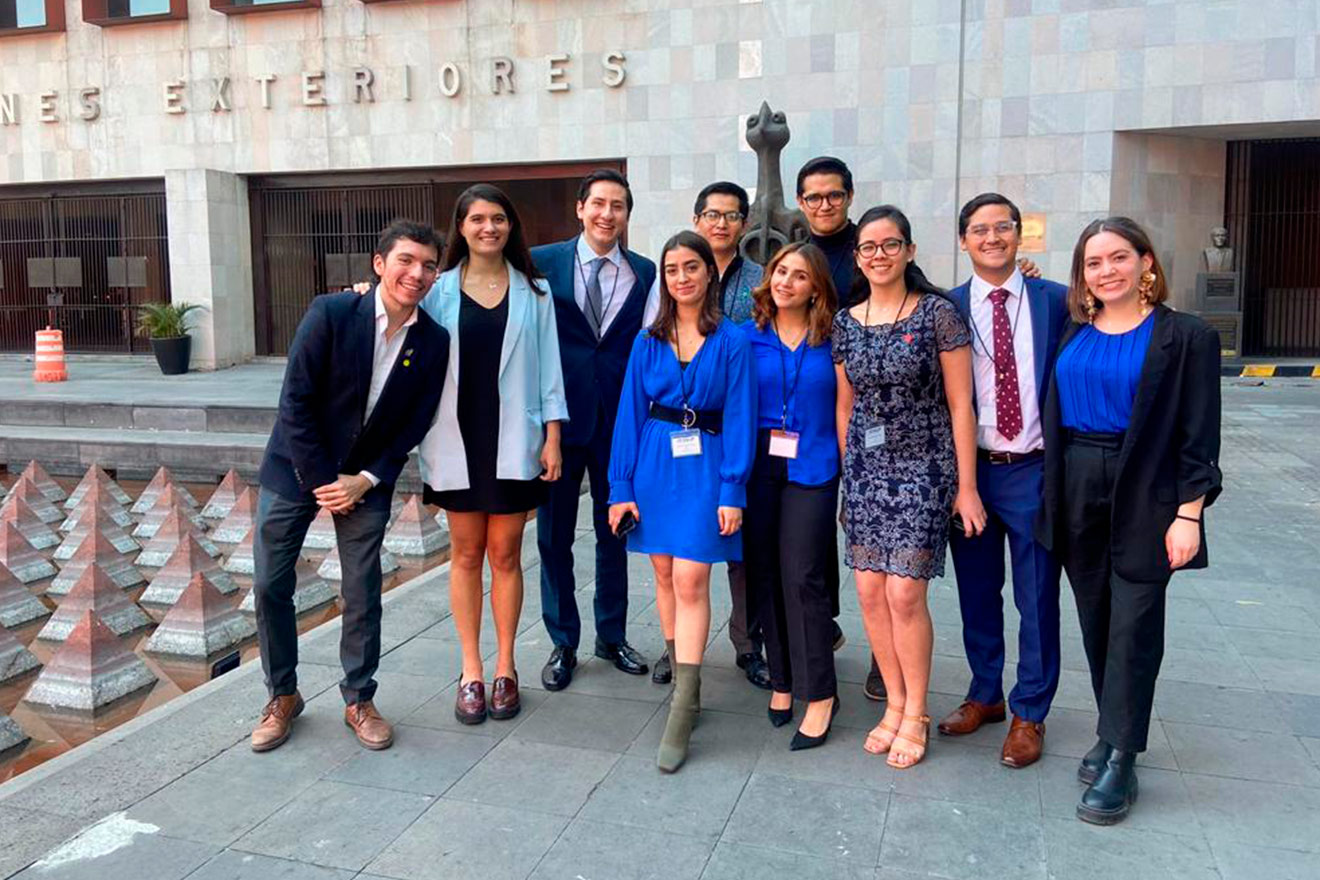Although we think about the positive aspects the concept involves, it is also supposed to generate the same effects as a monetary inflation: loss of value.
When we hear the word “new” we usually think of progress, advancement or change. In general, this has a positive connotation, indicating that we are making progress. The term “human rights” has also enjoyed a very good reputation. Above all, since the Universal Declaration and the development of International Human Rights Law. Thus, if we combine both aspects, we are faced with something that seems extremely positive: human rights that are, moreover, new.

Let us consider new rights such as the right to the city, to good governance, to the protection of personal integrity in the face of technology, transparency and accountability in the use of algorithms, human enhancement, related to transhumanism and posthumanism or neuro-rights, but also in the recognition of rights to other entitled persons, such as animals, companies, Artificial Intelligence systems or nature.
Thus, the generation of “new rights” also entails a risk of monetary inflation. And this, as the Italian jurist Carnelutti said, can generate the same effects as a monetary inflation: loss of value. Let us think about the consideration that rights have been given lately when they are not enforced.
Likewise, as Marta Cartabia states, because “rights that are intended to be unlimited in number and content are disconnected from the human condition.”
- Do human rights change?
- What is static and what is dynamic about human rights?
- What are the implications of formulating “new rights” for the concept and practice of human rights?

Human rights change in two ways: on the one hand, through their regulatory introduction in constitutions and treaties and, on the other hand, through interpretative expansion. That is, we find new scopes of protection for a given right. For example, new medical treatments for the exercise of the right to health, or tools such as the Internet for the exercise of rights such as freedom of speech.
In any case, we have to think about the following: whenever a new right is introduced, do we always find better solutions to new problems? Is everything “new” better just because it is “new”? Does the mere novelty of a human rights response necessarily lead to progress in their protection?

And it seems to me that something must be clear: if we do not want to fall into the fallacy of novelty, that is, thinking that everything new is better, we ought to foster an environment of reflection where we can find the authentic elements so that the new rights are truly aimed at solving legal and political problems we face.
For that, we need certain criteria. The first is to ensure that “new” risks, situations or threats are indeed “new”. On the other hand, we can propose some tests. Luisa Netto, a Brazilian jurist, proposes that the following criteria be used to scrutinize “new rights”:
(a) that they are relevant to human dignity,
(b) that they consider the individual as a reference,
(c) that they are relevant and connected with positive norms in the constitution,
(d) that they are relevant and connected with the structural elements of the human rights system,
(e) that they are relevant and connected with the structural principles of the constitutional state,
(f) that they are close to international human rights standards,
(g) that they are justifiable, or able to be justified, and
(h) the relevance of its source.
And for my part, I would like to present five criteria that must be in place in the rights to be considered “authentic”:
(i) rights must respond to ontological parity,
(ii) the exercise of rights must be measured,
(iii) to understand rights, we must constantly revisit the problem of freedom,
(iv) rights should aim at communicating values
(v) the element of temporality or duration is essential to construct a theory of rights.
Rights must last and have a past, present and future perspective. It is also important that we use these criteria as elements for dialogue around the issue. As María Eugenia Rodríguez Palop says, “[t]he consensus required by new rights must be based on genuine debates that are also conclusive and effective for the subsequent determination of public policies.”
Let neither “new” nor “rights” be the determining criteria for the solution of new problems. There has to be dialogue and reasonableness.

Academic information:
Dr. Juan Francisco Diez Spelz, research professor at the Universidad Panamericana School of Law. PhD in Law from Universidad Panamericana and Master’s Degree in Theory and Practice of Human Rights from the University of Essex.
Taken from: https://www.infobae.com/mexico/2024/08/10/nuevos-derechos-humanos/








